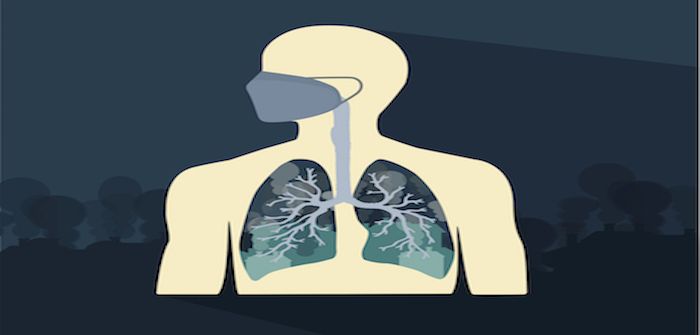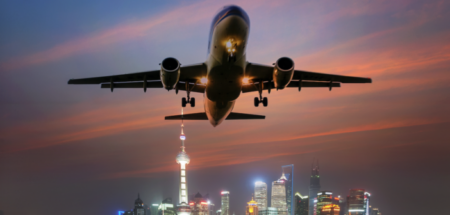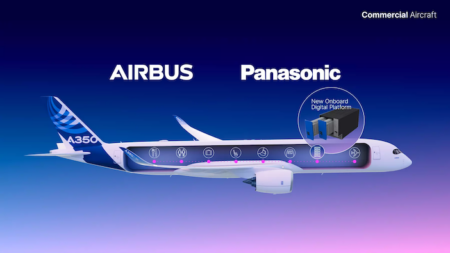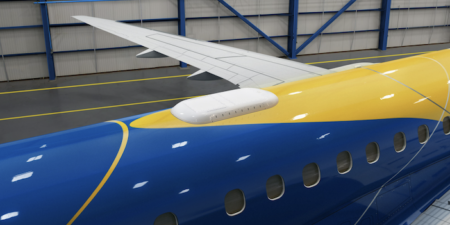The British Airline Pilots’ Association (BALPA) is calling for aviation regulators to ensure the development of effective cabin air filters on board aircraft. This call follows reports of several flights to UK airports being diverted after the smell of smoke was detected in the cabin, thought to be the result of unusual atmospheric conditions.
BALPA’s head of flight safety at, Dr Rob Hunter explained, “We have seen high levels of contaminants in the air, which experts are attributing to the remnants of Hurricane Ophelia dragging tropical air and dust from the Sahara, as well as debris from forest fires in Portugal and Spain.
“A vulnerability of the way in which cabin air is supplied in most airliners is that there is no direct filtration of the outside air before it enters the cabin, so if the outside air is contaminated, this contaminated air is drawn into the aircraft. This most commonly happens when an aircraft is taxiing on the ground close to the jet exhaust of another aircraft and it is rare for the atmosphere to be contaminated at cruising altitude.
“However, contamination can occur when there are high levels of atmospheric pollution, when volcanic ash and volcanic gases are in the atmosphere and when dusts from storms or soot from fires on the ground are drawn in to the air. As part of the process by which the air is supplied to the cabin the air is temporarily heated and this can contribute to the burning smell.”
BALPA believes that in principle, the air supplied to the cabin should be filtered, and the association is writing to regulators to ask that effective filters are developed andthen required to be fitted.
For more information on cabin air quality, see the feature from our September 2017 issue of Aircraft Interiors International HERE.





